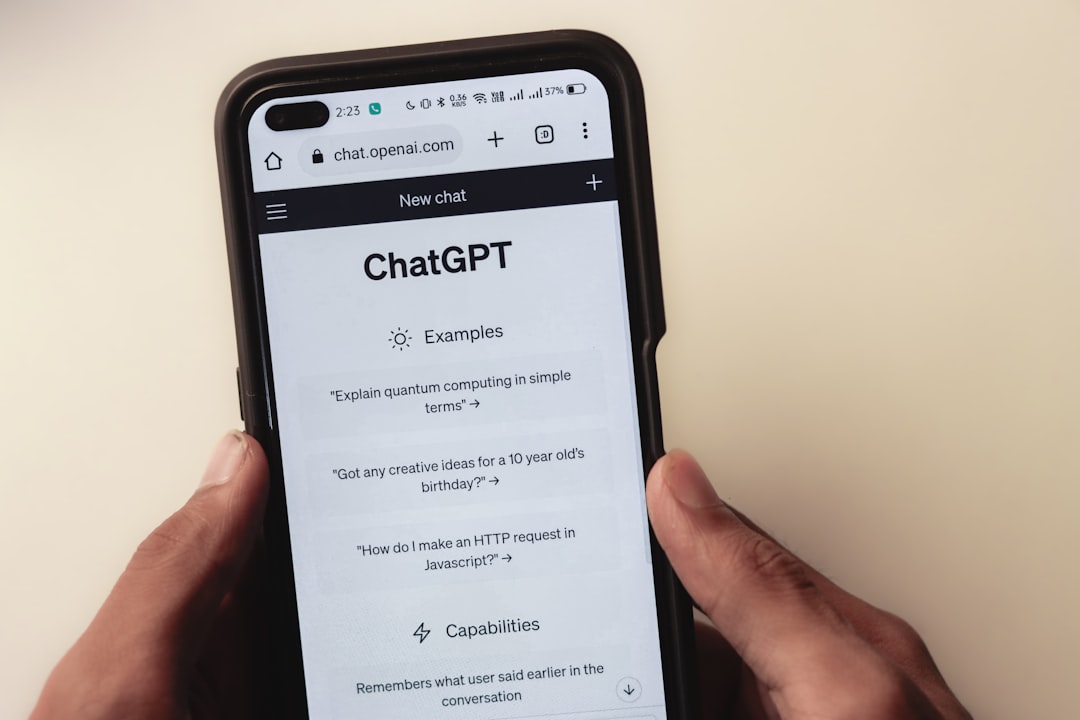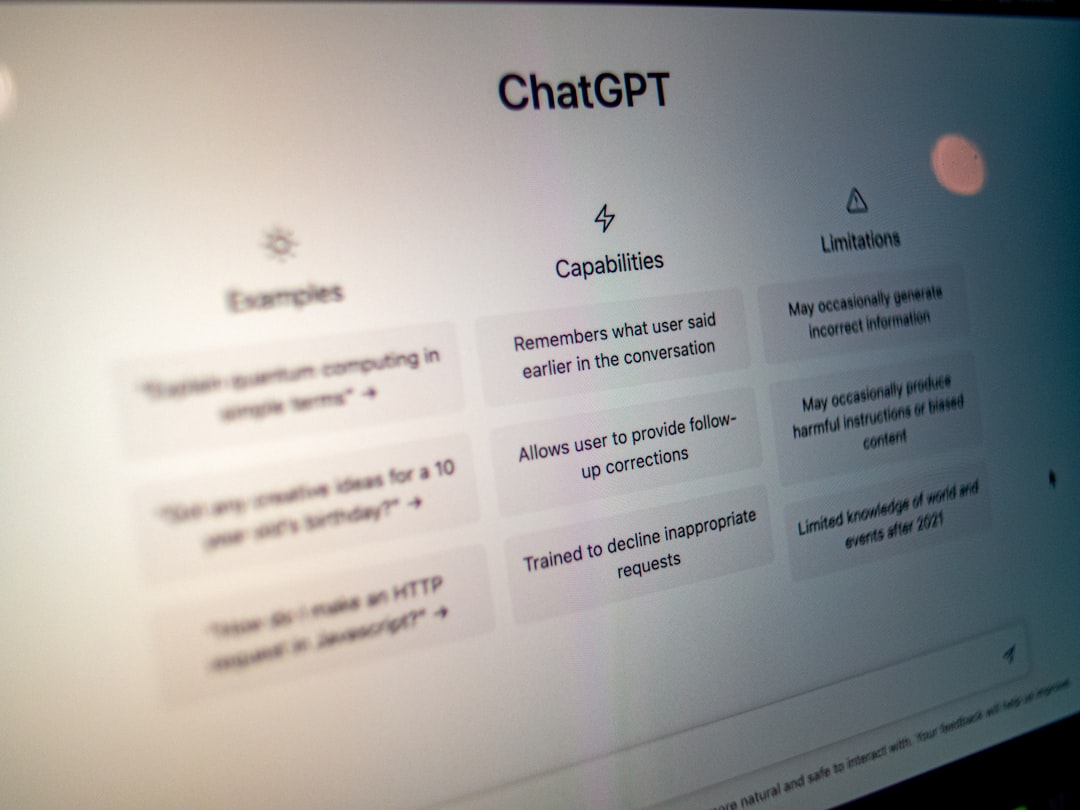As businesses continue to expand their digital presence, the demand for efficient, scalable, and high-quality customer support solutions is growing rapidly. One emerging solution is the use of AI-powered chatbots like ChatGPT. But the question remains: Can ChatGPT be reliably used for customer support? The answer depends on a variety of factors, including the business’s needs, the complexity of customer inquiries, and how the chatbot is integrated into the overall support strategy.
The Role of ChatGPT in Customer Support
Developed by OpenAI, ChatGPT is designed to understand and generate human-like text based on the input it receives. This makes it a powerful tool for automated communication. In customer support, ChatGPT can:
- Provide instant responses: Unlike human agents, ChatGPT can handle multiple conversations simultaneously, reducing wait times.
- Maintain consistent tone and messaging: Brands can program the chatbot to reflect their voice and values uniformly across interactions.
- Handle common queries: Frequently asked questions about products, services, returns, and policies can be answered accurately and efficiently.

Benefits of Using ChatGPT for Customer Support
When implemented properly, ChatGPT offers a number of distinct advantages to businesses:
- Scalability: ChatGPT can handle inquiries from thousands of customers at any given time. This makes it ideal for companies experiencing rapid growth or high seasonal demand.
- Cost-effectiveness: Automating routine support tasks can lead to significant cost savings by reducing the need for large support teams.
- 24/7 availability: Unlike human agents, ChatGPT doesn’t require breaks, holidays, or sleep. This continuous availability enhances customer satisfaction.
- Data-driven improvements: Insights gathered from interactions can inform businesses about customer pain points, allowing for continuous improvement in both product and service.
Limitations and Considerations
Despite its strengths, ChatGPT is not a complete replacement for human support agents. There are limitations that must be taken into account:
- Complexity of queries: While ChatGPT excels at handling standard questions, complex or sensitive issues may still require human intervention.
- Lack of emotional intelligence: Although the AI can simulate empathy, it cannot truly understand human emotions. This may hinder its ability to respond to frustrated or distressed customers effectively.
- Dependence on proper training: The quality of responses depends on well-structured prompts and access to accurate, up-to-date information about the business.

Best Practices for Integrating ChatGPT
To make the most out of ChatGPT in a customer support setting, businesses should follow these key strategies:
- Define use cases: Establish what kinds of queries ChatGPT will handle and when queries should be escalated to a human agent.
- Regularly update the knowledge base: Ensure that the information available to the chatbot is current and accurate to minimize misinformation.
- Monitor performance: Use analytics to track success metrics like resolution rate and customer satisfaction. Use this data to make iterative improvements.
- Train customer support staff: Human agents should be prepared to take over when needed and understand how to work alongside AI systems.
Security and Privacy Concerns
Security and privacy are critical when handling customer data. ChatGPT must be integrated in a way that complies with relevant data protection regulations such as GDPR or CCPA. Businesses should also:
- Use encrypted communication channels.
- Limit sensitive data exposure in conversations.
- Implement clear disclaimers informing users that they are interacting with a chatbot.
Conclusion
ChatGPT represents a promising step forward in the automation of customer support. Its ability to deliver fast, reliable, and consistent service makes it a valuable asset for many businesses. However, it must be deployed thoughtfully, with real human oversight and continuous optimization to ensure its effectiveness. When used responsibly and strategically, ChatGPT can significantly enhance both the efficiency of customer service operations and the overall customer experience.


